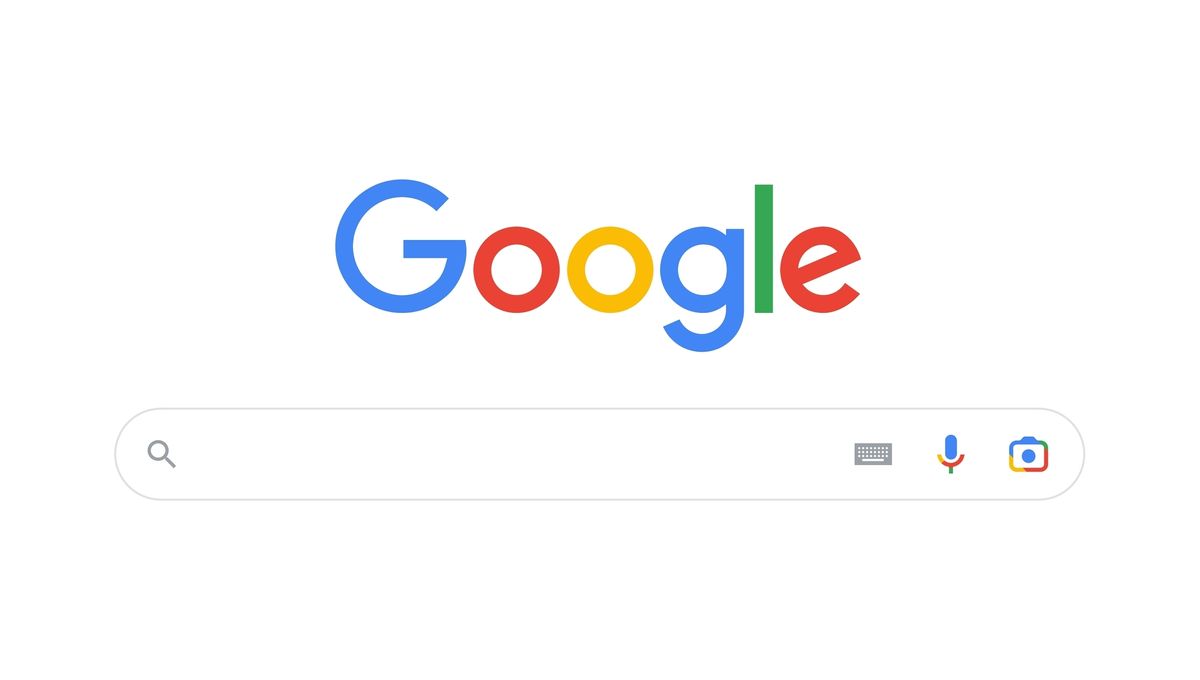![]() Today is a momentous day for the internet as we celebrate Google’s 25th birthday. It’s hard to imagine life without this search engine, considering the billions of queries it processes every day.
Today is a momentous day for the internet as we celebrate Google’s 25th birthday. It’s hard to imagine life without this search engine, considering the billions of queries it processes every day.
What sets Google apart and made it a game-changer in accessing information? And how will artificial intelligence (AI) impact its future?
Let’s take a journey through the decades to see how our access to information has evolved, and explore the exciting possibilities as AI and Google Search continue to intertwine.

1950s: public libraries as community hubs
In the post-war years, successful cities were those that provided open access to information, and local libraries played a crucial role. Librarians were like human search engines, answering queries over the phone and through letters, helping people find information quickly and accurately.
Libraries were more than just book repositories. They were a go-to resource for parents seeking health information, tourists looking for travel tips, and businesses in need of marketing advice.
While the service was free, it required the support of librarians and involved labor-intensive cataloging processes. Questions that now take minutes to answer used to take hours, days, or even weeks.
1990s: the rise of paid search services
In the 1990s, libraries embraced personal computers and online access to information services. Commercial search companies thrived as libraries subscribed to expensive databases for information.
These systems were complex, requiring trained specialists to conduct searches, with users paying for the results. One example is Dialog, developed by Lockheed Martin, which claims to provide access to over 1.7 billion records across various databases of peer-reviewed literature.
Another system, FT PROFILE by The Financial Times, allowed access to articles from UK newspapers. However, searching was not user-friendly, requiring specific commands and manual scanning for relevant items.
While these services made valuable information accessible, they came at a high price. In the 1990s, access to FT PROFILE cost £1.60 per minute, equivalent to £4.65 (or A$9.00) today.
The rise of Google
With the exponential growth of websites following the launch of the World Wide Web in 1993, libraries started offering public web access. However, the existing search systems struggled to handle the increasing volume of content and new users.
In 1994, the book “Managing Gigabytes” presented solutions to this problem. Inspired by this, Larry Page and Sergey Brin, the founders of Google, designed an innovative search engine architecture.
Google officially launched on September 4, 1998, and quickly gained popularity. People loved its simplicity and the way it summarized search results to match their queries.
Google Search stood out for its effectiveness. It used the groundbreaking approach of ranking web pages based on the number of links they received (PageRank). Its algorithm not only matched search queries with page content but also considered anchor text from other pages linking to it.
Today, Google remains the most popular search engine, surpassing competitors like AltaVista and Yahoo Search with over 85% market share.
As the web expanded, however, access costs were contested.
Although consumers now search Google for free, payment is required to download certain articles and books. Many consumers still rely on libraries – while libraries themselves struggle with the rising costs of purchasing material to provide to the public for free.
What will the next 25 years bring?
Google has expanded far beyond Search. Gmail, Google Drive, Google Calendar, Pixel devices and other services show Google’s reach is vast.
With the introduction of AI tools, including Google’s Bard and the recently announced Gemini (a direct competitor to ChatGPT), Google is set to revolutionise search once again.
As Google continues to roll generative AI capabilities into Search, it will become common to read a quick information summary at the top of the results page, rather than dig for information yourself. A key challenge will be ensuring people don’t become complacent to the point that they blindly trust the generated outputs.
Fact-checking against original sources will remain as important as ever. After all, we have seen generative AI tools such as ChatGPT make headlines due to “hallucinations” and misinformation.
If inaccurate or incomplete search summaries aren’t revised, or are further paraphrased and presented without source material, the misinformation problem will only get worse.
Moreover, even if AI tools revolutionise search, they may fail to revolutionise access. As the AI industry grows, we’re seeing a shift towards content only being accessible for a fee, or through paid subscriptions.
The rise of AI provides an opportunity to revisit the tensions between public access and increasingly powerful commercial entities.
![]()
Mark Sanderson, Professor of Information Retrieval, RMIT University; Julian Thomas, Distinguished Professor of Media and Communications; Director, ARC Centre of Excellence for Automated Decision-Making and Society, RMIT University; Kieran Hegarty, Research Fellow (Automated Decision-Making Systems), RMIT University, and Lisa M. Given, Professor of Information Sciences & Director, Social Change Enabling Impact Platform, RMIT University
This article is republished from The Conversation under a Creative Commons license. Read the
Check out the original article to learn more!








